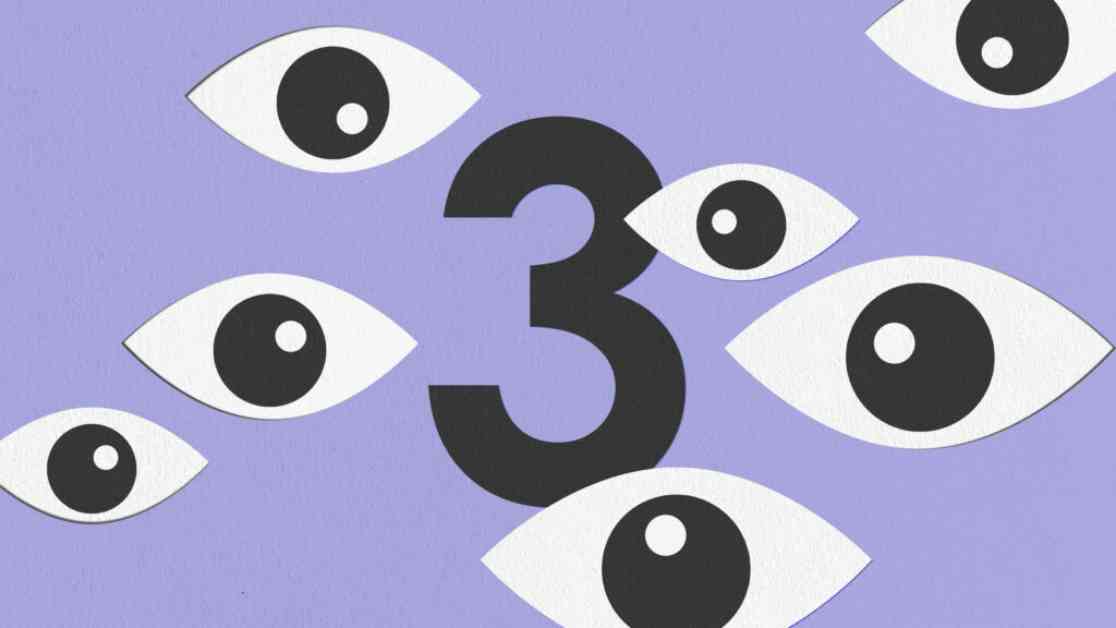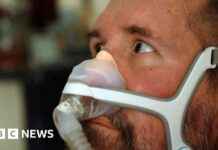Disability Advocates Concerned About 3 Future Trends in 2025
2025 could be a turbulent year for people with disabilities, as key changes on the horizon may have significant implications for their health care and overall well-being. The convergence of political shifts, technological advancements, and public health considerations is creating a perfect storm that has experts and advocates deeply concerned about the future. Let’s delve into the three major trends that are causing anxiety in the disability community.
States Automating Health Benefits
With looming threats to Medicaid funding, states are exploring ways to streamline and cut costs in their health care programs. This includes the adoption of algorithms and AI technology to manage benefits and detect fraudulent claims. While automation can enhance efficiency, there are growing concerns about the unintended consequences of relying on these systems for critical health decisions.
Earlier examples of algorithmic errors in Medicaid enrollment systems have raised red flags about the potential risks associated with automated processes. Experts fear that the push for greater automation could lead to further disparities and hardships for people with disabilities who rely on these benefits for essential care and support.
Community Care Under Threat
For many Medicaid enrollees with disabilities, community-based care is a lifeline that allows them to lead independent and fulfilling lives. However, this vital aspect of the health care system is facing significant challenges, including chronic underfunding and workforce shortages. Direct care workers, who provide essential services to individuals with complex needs, often struggle with low wages and limited resources.
As the demand for community care continues to rise, the sustainability of this crucial service is at risk. Policy decisions at the federal and state levels will play a pivotal role in determining the future of community-based care for people with disabilities, highlighting the urgent need for comprehensive reforms and investments in the home care industry.
Politicization of Masks
The ongoing debate over mask mandates and public health measures has taken a concerning turn for people with disabilities. In the wake of political tensions and conflicting narratives surrounding mask-wearing, individuals who rely on masks for protection are facing increased scrutiny and challenges. The intersection of public health guidelines and individual rights has created a complex landscape where the well-being of vulnerable populations hangs in the balance.
As the conversation around masks becomes increasingly polarized, it is essential to consider the impact of these policies on individuals with disabilities and other marginalized communities. The future of mask mandates and public health regulations will undoubtedly shape the experiences of people with disabilities in the years to come, underscoring the importance of a balanced and inclusive approach to health care governance.

















